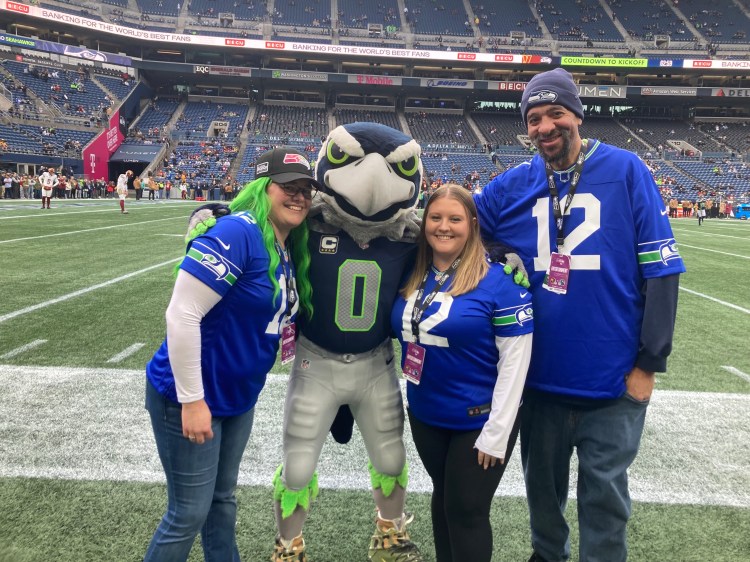Since the inception of the Premera Social Impact program, our team has committed countless hours toward understanding how to best support historically underserved and marginalized populations in Washington and Alaska. By identifying organizations in our community with shared goals, our philanthropic efforts help carry out the programs and services that make our community healthier. With a sharpened focus on health equity, behavioral health, homelessness, and rural health access, Premera has invested more than $$74 million in 407 nonprofits since the Social Impact started on 2017. These partnerships and solutions make a difference in the lives of those living in our communities and make healthcare work better.
Our focus
We’ve reimagined our commitment to social responsibility and effective philanthropy by being explicit about the impact we hope to see in our neighborhoods and communities. Community health data consistently shows disparities among historically underserved populations resulting in lower quality and access of healthcare services, worse health outcomes, and increased healthcare costs. Our giving program focuses on key areas of investment to address health outcomes for these members of our community.
- Behavioral Health and Homelessness Homeless people visit the emergency department an average of 5 times annually and have higher rates of chronic health problems than the general population. In addition, mental health professionals report a 300% increase in anxiety and depression, and a 30% increase in people with substance use disorder who have relapses. Premera has committed to invest $37.5 million to organizations providing services and treatment to those who have been impacted by behavioral health or homelessness.
- Health EquityA growing body of evidence shows the negative impact that systemic racism has on the health of Black and Indigenous Americans. Premera has invested $2.2M since summer of 2020, with a commitment to invest an additional $2.8M by the end of 2023.
- Rural Healthcare
U.S. populations living in rural areas suffer worse health outcomes than their urban counterparts. About 51 million people living in rural areas are more likely to experience premature death, disability or chronic disease. Since 2018, Premera has invested $41.2 million in 28 counties in Washington and 18 boroughs in Alaska to address the rural healthcare crisis.
Our commitment
Premera Social Impact invests in communities in need by concentrating on the health of the whole person. These are the core beliefs supporting our work:
- Whole-person health. Our vision of healthcare integrates physical and behavioral health for the wellness of the whole person.
- Everyone deserves quality care, especially underserved communities. Our priority is reaching and supporting care services for the people and places that need it the most.
- There are no simple solutions. Tough problems require new thinking to make progress.
- Work with and through partners creates greater impact. We’re committed to collaborating with other organizations that have shared goals.
Ways we give
Our community giving program focuses on addressing behavioral health issues, with a particular emphasis on funding programs that help historically underserved communities, including people of color and low-income populations. Company contribution guidelines align to our company values and current giving priorities. This means that some previously supported sponsorships may be reduced or discontinued.
Premera Social Impact invites proposals that can make changes in the areas of behavioral health, health equity and the intersection of homelessness and behavioral health:
- Program development: Grants to organizations for specific purposes or projects, rather than day-to-day operating costs or the further general purpose or work of an organization.
- Implementation of a community-led effort to create a business case or demonstration projects for interventions, programs, and policies that address behavioral health.
- Capacity building: Grants to organizations for staff support, training, and strategic or long-range planning.



